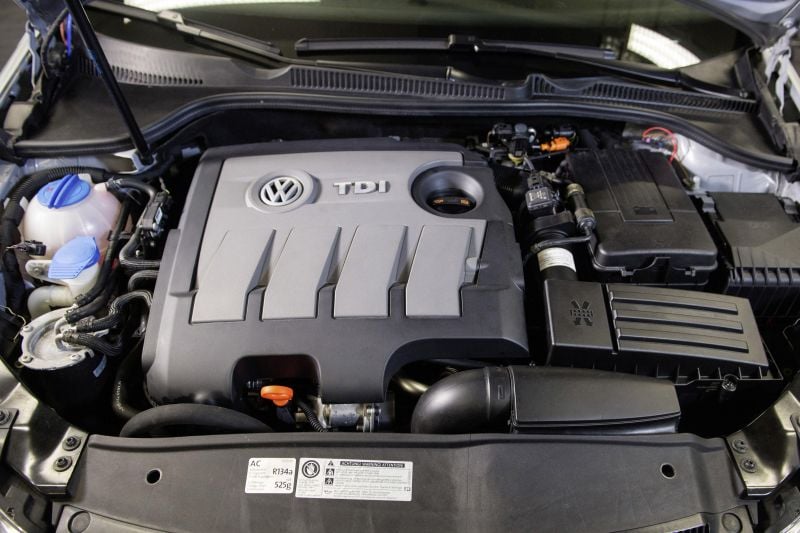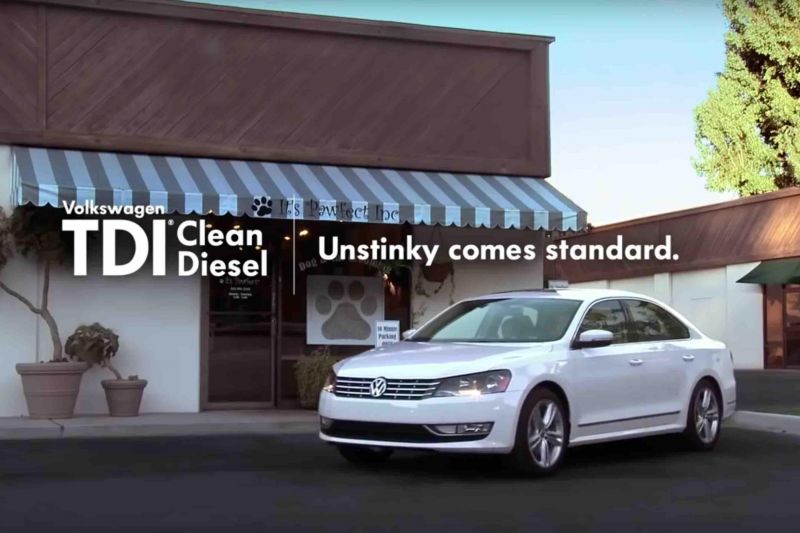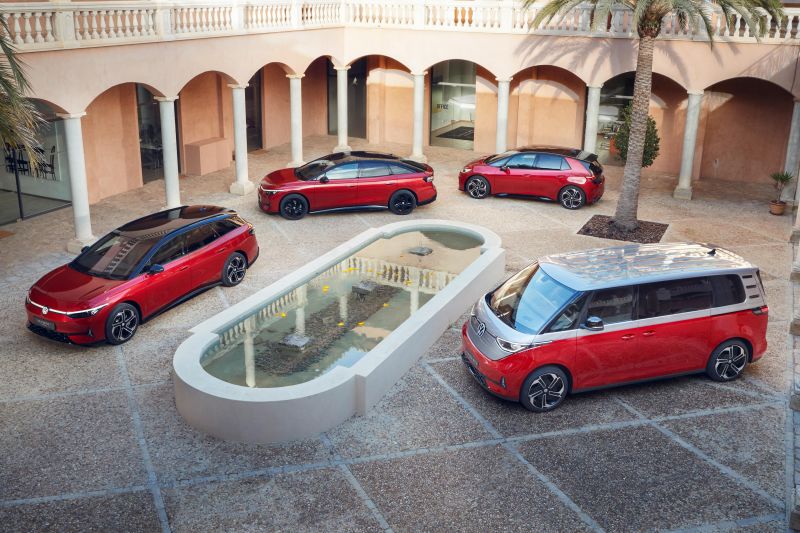The ramifications from the Volkswagen Dieselgate scandal continue to rumble on, both at the German automaker and throughout the broader industry.
Last week Altroconsumo, Italy’s largest consumer advocacy organisation, announced Volkswagen settled a class action lawsuit brought by the organisation on behalf of roughly 60,000 owners who bought a Volkswagen, Audi, Skoda or Seat vehicle equipped with the EA189 turbo-diesel engine.
Volkswagen has set aside around €50 million ($81 million) to settle the suit, with owners eligible for between €550 ($896) and €1100 ($1790).
The payout varies depending on whether an owner bought the car new or used, still owns the vehicle or sold it before September 2015, and whether the car is co-owned or owned under a single name.
Owners of eligible Volkswagen Group cars from this time period have until the end of 2024 to sign into the advocacy group’s webpage and accept the offer.
Volkswagen’s agreement with Italian owners is the latest in a long line of lawsuits settled by the company after it was revealed in 2015 that software in vehicles fitted with some diesel engine lines could detect when they were undergoing bench testing.
During formal testing the engines would scale back power output to limit exhaust output, but in the real world the engines would far exceed emissions regulations. Many of these cheating engines were developed by Audi for use throughout the Volkswagen Group.
In the US Volkswagen marketed its TDI-equipped cars as “clean diesel”. This deception was discovered after the International Council on Clean Transport commissioned a study by West Virginia University.
Volkswagen, in September 2015, admitted to installing “defeat devices” in some of its diesel cars, but executives claimed the emissions cheating engines were solely the work of people further down the food chain.
In June 2023 a number of Audi executives, including its former CEO Rupert Stadler and Wolfgang Hatz, once Audi’s head of engine development and later Volkswagen Group’s chief engineer, were fined in Germany for fraud, but escaped jail time thanks to suspended sentences.
Martin Winterkorn, the Volkswagen Group’s CEO during the Dieselgate era, has been charged by US and German authorities. His day in court has been delayed in Germany due to health issues.
It’s estimated Dieselgate has cost the automaker at least €30 billion ($49 billion) in fines, damages, recalls, and remediation.
In the US alone it has had to shell out US$4.3 billion ($6.4 billion) in fines, US$2.7 billion ($4 billion) in environmental remediation, fund the Electrify America charging network to the tune of US$2 billion ($3 billion), and buy back or repair affected vehicles.
The whole scandal also caused the company to pivot from diesel to electric vehicles, and spurred the development of the MEB architecture that currently underpins the Volkswagen ID. 3, and ID. Buzz, as well as the Cupra Born, Skoda Enyaq, and others.
It also stigmatised diesel, particularly in Europe. Once it was the fuel of choice for passenger cars on the Continent, but since the middle of June last year it has fallen behind petrol, hybrid, and pure electric.






